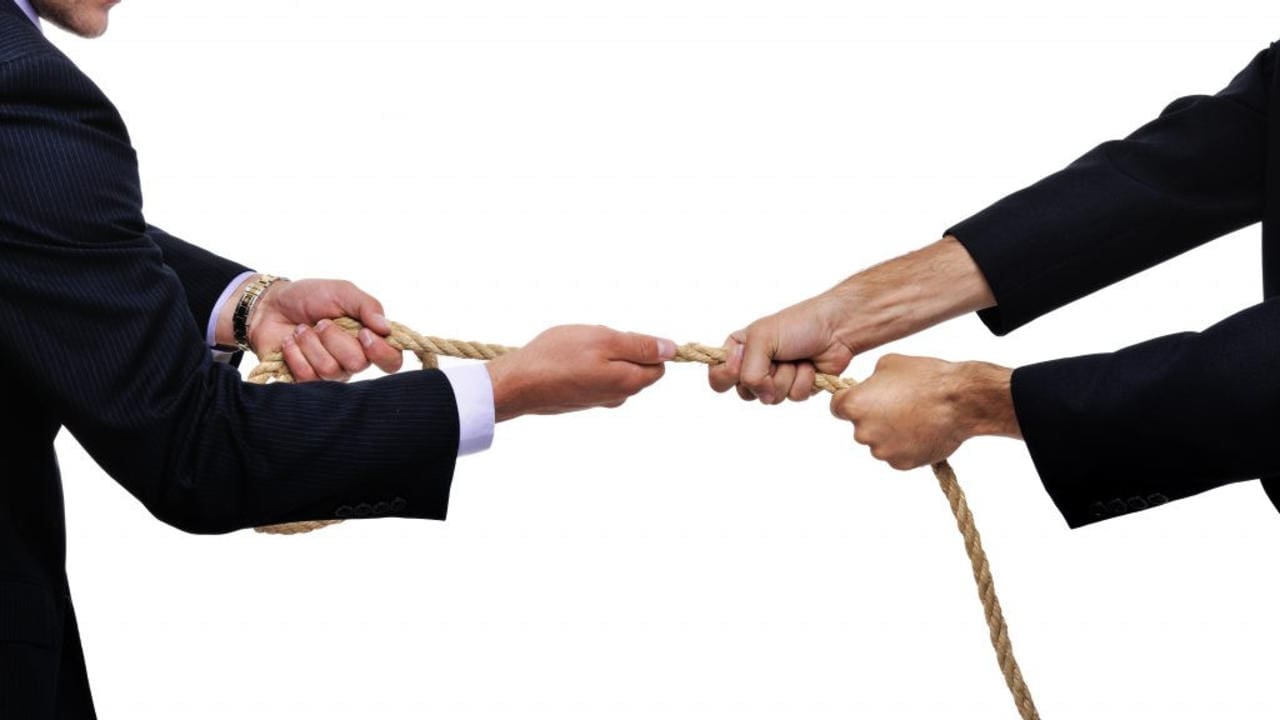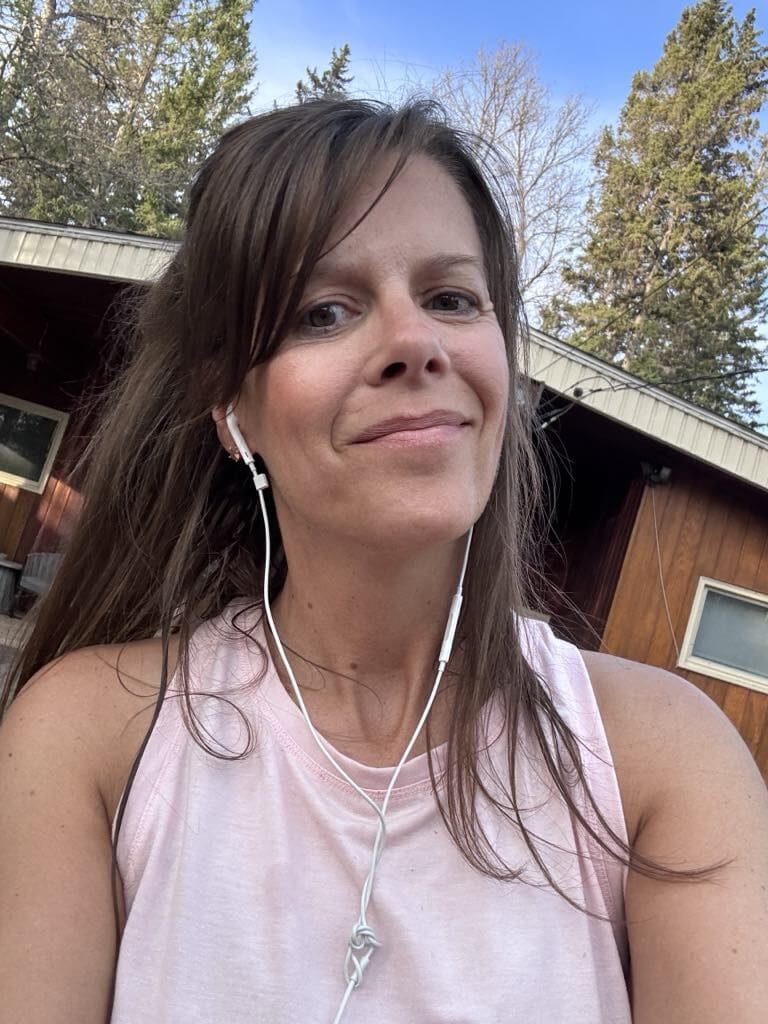I’ve talked about self-doubt and how your values are (or aren’t showing up) and how both these areas can play a significant role in how you show up as a leader, role-model, parent, etc.
Foundational to this process? The ability to notice your thoughts, feelings and behaviors so you can make the most positive and productive choices.
Self-awareness is a key skill for anyone to hone to make better choices.
Often, we can get caught up in the action of the day, going from one thing to the next with habitual thinking and behaviors, and not take the time to stop and pay attention.
- How is what I am doing helping or hindering me or others right now?
- What are my beliefs about the situation or person and how are they influencing my actions?
- What am I missing while I am absorbed in my work and deep in the weeds?
- How could I think about this in a better way and take a better action?
Once you can tune into your thoughts more, you can notice what’s feeding your reactive behaviors, and you can start to think differently and seek out other ways to view and respond to what’s going on around you rather than just being in auto mode.
You have choice in how you view and respond to what’s going on around you.
One important area to be more self-aware and pay attention to what’s going on is where are you making the easy choices versus the hard choices in your days.
Every day, you might be making easy choices that make your work days hard, like:
- Having back-to-back meetings, because it’s harder to say no to someone.
- Avoiding having a challenging conversation or speaking up, because it’s easier not to say anything or you might risk hurting someone’s feelings or you worry you’ll sound silly.
- Working evenings just to keep up with the demand, instead of having those harder conversations to set realistic expectations and being up front that you are making your personal time a priority, or actually letting go of that feeling of not doing enough.
I am certain you have some more examples of your own.
You can instead make some of those harder choices, that make your days easier.
Doing what is necessary can be hard, but making those choices is also empowering and, in the end, sets you up for more happiness and success in your work.
Now you might be saying to yourself, it’s harder for me to choose to stay at work late and miss my kid’s soccer game (again). That certainly can be hard to do since family is so important.
I would like to challenge you to ask yourself if that is really the harder choice.
Would the courageous path see you going into your boss’ office to re-negotiate a deadline? By remaining silent and choosing to miss your kid’s game, are you taking the easy way out?
The answer to these questions may be different for someone depending on their beliefs, values and situation. The point is to challenge yourself to notice these choices instead of being in auto mode.
And the more comfortable you become with making the harder choices, the easier it becomes, as you form a new baseline from which you think and operate.
A couple of days ago, I ran into a similar situation.
On Friday, I was supposed to write this post and email it to my list, as that was my commitment to them. Something important and urgent came up during the day and I didn’t get this piece finished in time.
I was going to finish it up Friday evening to meet that commitment: my auto mode is to always get the job done. However, Friday was also family movie night, so I would have had to miss some of it . . .
The situation was causing me stress (how ironic) because I was feeling the conflict of meeting my commitments and spending time with my family, which are both values of mine.
I paused to pay attention to how I was thinking, feeling and behaving . . .
Would others really think I can’t be counted on if I didn’t send the e-mail Friday? Likely not.
Is someone eagerly waiting by their e-mail for this one and let down when they don’t receive it? Likely not . . . it is Friday, after all, and everyone (hopefully) has enjoyable plans with family or friends.
Will my family be disappointed in me if I miss family movie night? Likely, but it won’t be a big deal.
So, what was the easier choice for me at that point? It was sitting down to work on this email and missing the family time.
But what was a better way for me to view what was going on? People will be OK not getting this Friday, and it’s more likely they will read it on Monday morning when they are fresh and not leaving for the weekend.
And my final gut check: What is my most important value (good to check in with this when feel conflict to help with a decision)? Family.
OK, now that I was more self-aware, what’s the best choice for me? I decided to finish it up on the weekend with my morning coffee (when kids in bed) and enjoy my Friday night with my husband and kids.
I pride myself on meeting all my commitments, so this was definitely a harder choice for me to put it aside for my family time.
And I’ll learn from it to have it done a day earlier next time in case something comes up that derails a timeline, which happens!
Now someone else, with different core values, in a different situation and different beliefs might come to a different decision. There isn’t a right or wrong answer.
The key is taking time to notice these choices and then being courageous to make the right choice for you.
I don’t have a list if tips for you today, but I do have some advice:
Be more self-aware by pausing and paying attention to what you are thinking, feeling and doing in a moment. Being more self-aware to recognize and challenge these things, will help you to see and make better choices (running on auto-pilot will often undermine your best efforts).
Seek out where are you making the easy choices versus the harder choices. And start making some of those harder ones so you can make your life easier.
“Life is a matter of choices, and every choice you make makes you”. – John C. Maxwell

What Next?
You can sign up for Stacey’s masterclass, The Confident “No” here.

Stacey L. Olson is a Leadership and Certified Positive Psychology Coach, has 15 years of corporate experience and has gone through her own transformational change from burning out to balanced in life while performing at a high level (both in her corporate career and own business). She works with professionals who want to work less, live more and be their best even with all the demands, high expectations and messiness of everyday life. Stacey is the founder of The Balanced Leader™ program and offers executive and leadership coaching, workshops, and speaking.




Comments +